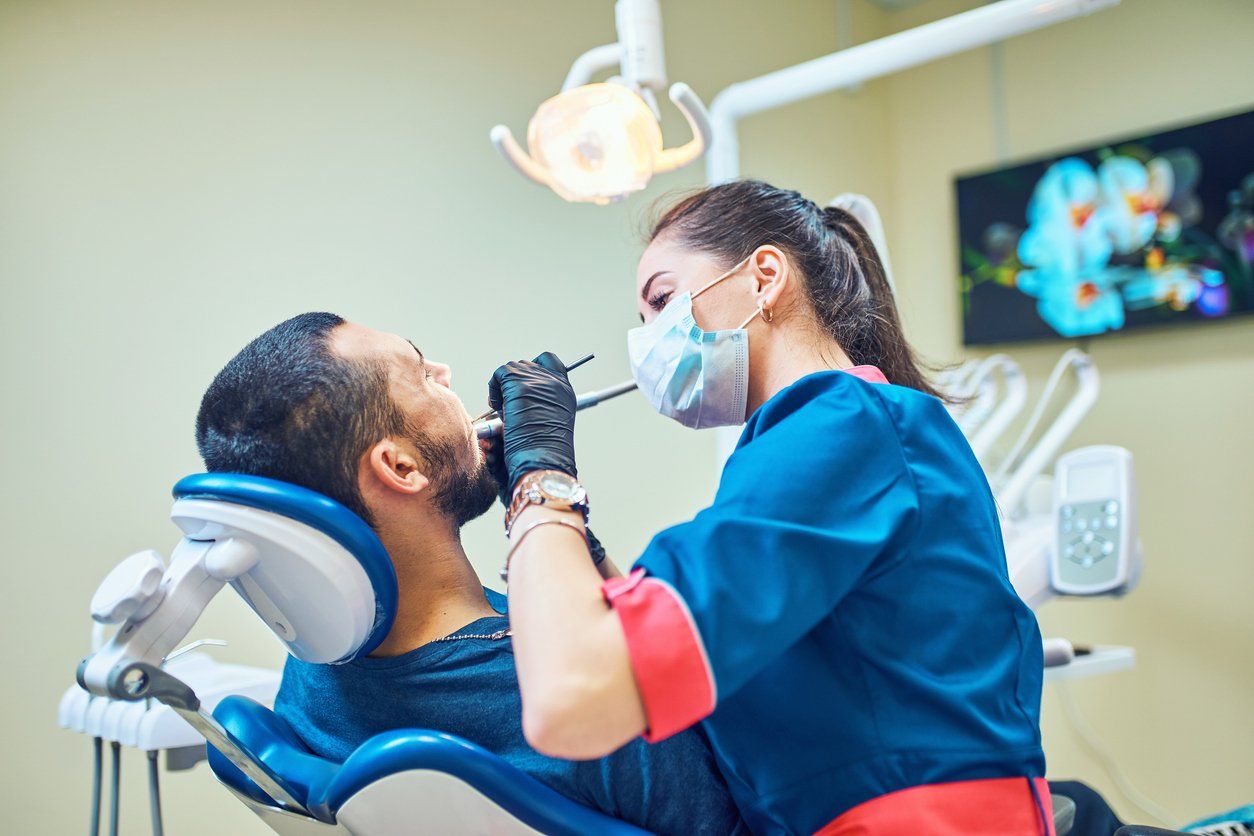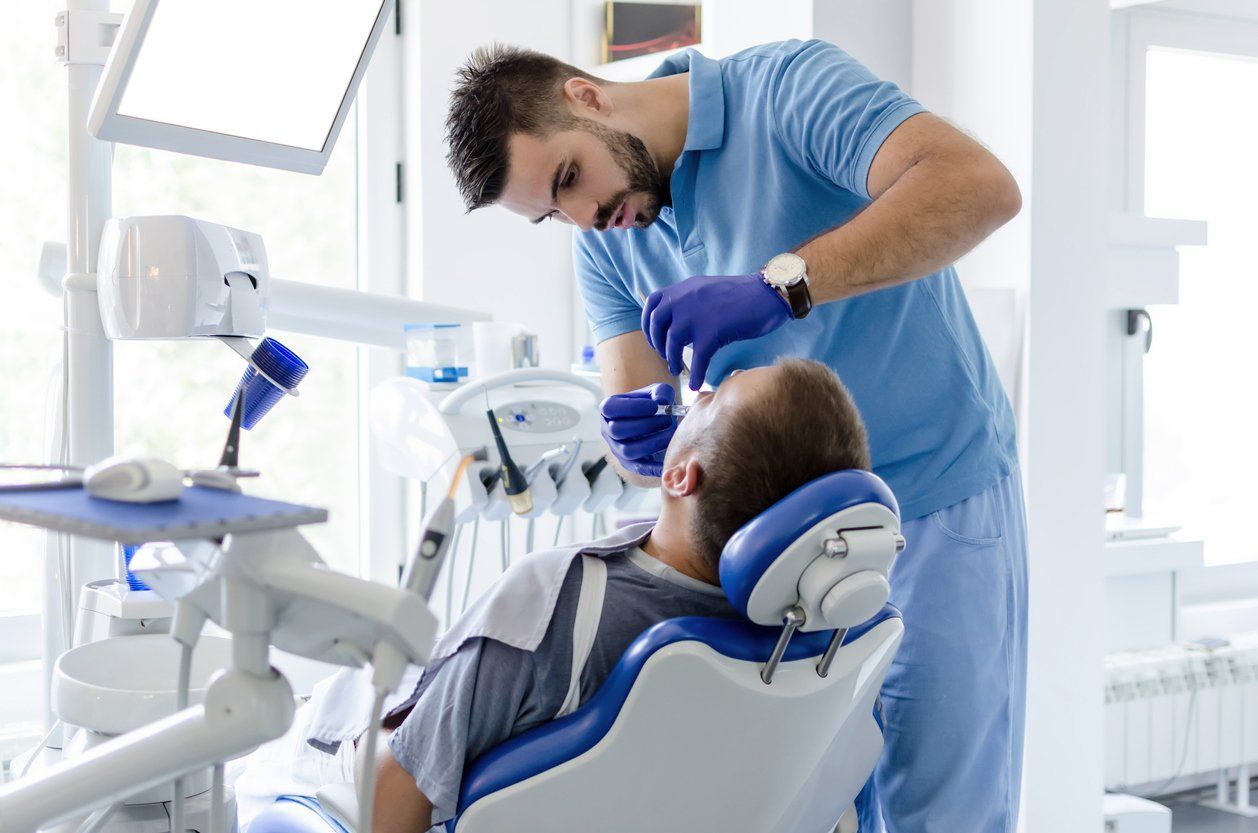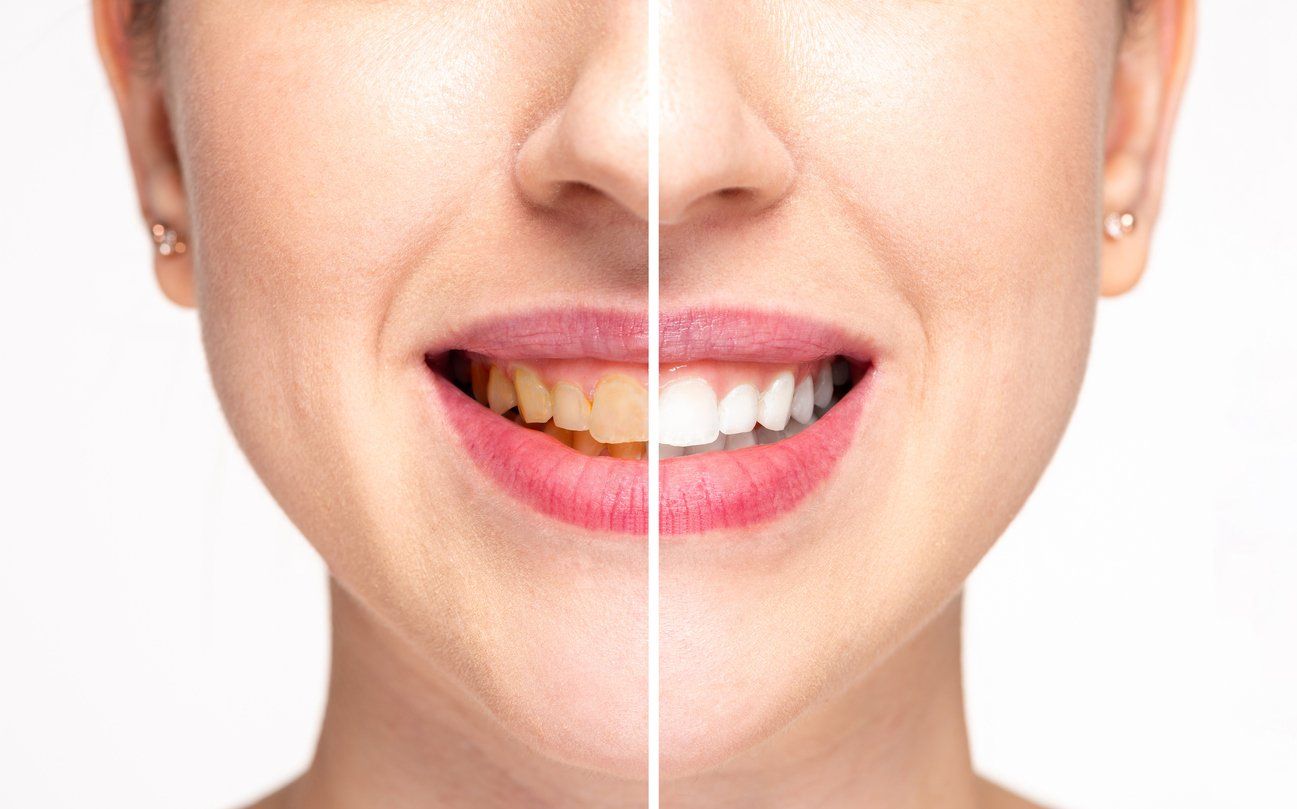The Basics of the Human Tooth
The Basics of the Human Tooth:
The human tooth is a fantastic creation.The average, healthy human tooth can withstand up to 30,000 pounds of comprehensive force and is much stronger than human bone. Each tooth is designed to perform a specific job and has its unique place in the human mouth. Indeed, our teeth are magnificent creations and over time, have evolved to meet the needs of the modern human being of the 21st century.
Evolution of the Human Tooth:

The human tooth has been built to withstand up to 30,000 pounds of comprehensive force. Teeth have gotten to the point today where they are stronger than bones. Each type of tooth gets built for a different purpose or human need. Human teeth have gotten to the point where they can withstand daily wear as they get protected by a layer of enamel and they can withstand a variety of different temperatures of foods to ensure that we can eat a variety of foods that we wish to include in our diet.
Our teeth also adapt to the size of our bodies. Today, the human body producing two (2) full sets of teeth. One set that we have as children and another that usually grow in by age 13 when we are adults, and these are called our permanent teeth.
Parts of the Teeth:
The human tooth gets made up several parts, which all come together to make the tooth that we know today. The components of the tooth that exist today each serve a function to help us with our daily lives, and they include the following parts:
- Enamel: The enamel is the protective coating over the teeth that helps protect the tooth underneath from daily wear-and-tear. Enamel is stronger than bone, which makes it exceptionally durable and even makes secondary demineralization of the enamel fixable with proper nutrition and oral care.
- Cementum: Cementum is the hard material that covers the root of your tooth and has a hardness that is similar to that of bone. This layer is thinner than the enamel, and if it's exposed, then teeth will often become more sensitive.
- Dentin: Dentin is the is the layer that is above the main segment of your tooth below the enamel. Primary, secondary, and reparative dentin are the three (3) types of dentin that exist in your body throughout both your baby and adult teeth. Baby teeth are primary dentin, secondary dentin is your adult teeth, and reparative dentin forms to help correct any trauma as a response to inflammation.
- Pulp: The pulp of your tooth is the part that contains both the blood vessels and the nerves of the tooth. There are usually two (2) pulp chambers within each tooth, and this is the part of the tooth that is subject to possible decay and where cavities occur. When cavities occur, generally a root canal is performed to fix the issue.
These are the four (4) main parts of the human tooth. As you can see, they each perform a specific function and performs a particular job when building the structure of the entire human tooth.
Types of Teeth:
Humans have several kinds of teeth, all of which serve a different purpose. The adult has an average of 28 to 32 teeth (wisdom teeth are the difference maker), and that includes the following types of teeth:
- Incisors: The incisors are the four front teeth (upper and lower to total 8) in your mouth. These teeth provide you with your sharpest teeth and cut food the best when you bite into it.
- Canines: The canines are your four (4) pointed teeth that start the dental arc. Those are the teeth "bookend" the incisors.
- Premolars: The premolars are the two teeth behind each of your canines for a total of eight (8) teeth total. These teeth serve the primary purpose of crushing and grinding up food into smaller bits before you can finish chewing it and swallow.
- Molars: Molars are the back two (2) teeth on each side of the upper and lower part of the mouth which total for eight (8) teeth. The final eight (8) teeth in the mouth get used to finishing chewing food and processing it before you swallow.
- Third Molars: Also known as your wisdom teeth, these teeth sometimes have to be removed as they grow in at the wrong angle or force the other teeth to shift. These usually erupt around age 18, and frequently get removed before they even come through the gum line to avoid problems in the future.
That provides the breakdown of your 28 adult teeth with the possibility of 32 if you keep your third molars.
Teeth Conditions:
Teeth can get a variety of different conditions that can cause issues with the long-term health of your teeth. The following are some of the conditions that the teeth can experience throughout your lifetime and provide a prime example as to why quality dental care throughout your life is so critical:
- Dental Cavities: Dental Cavities, also commonly known as tooth decay, come about when acids (mostly sugars) break down the tooth's enamel and the form a tiny hole in the surface of the tooth. The tooth must then get filled to stop the hole from continuing to grow.
- Gingivitis: Gingivitis comes from the plaque that builds up around the teeth and can trigger an immune system response that causes inflammation. Inflammation can also come from a variety of other conditions such as using certain medications or having dry mouth for long periods. If it's detected early, the condition can generally get treated, and no further damage will get caused. Usually, if caught promptly, periodontal disease is not an issue.
- Periodontal Disease: Periodontitis comes from advanced gingivitis that finds its way into the soft tissue and the bone structure that supports the teeth. In worst case scenarios you can end up losing your teeth to an advanced form of Periodontal Disease if no other treatment gets rendered before the structures that hold your teeth in place get corroded far enough. Reduce this risk by practicing regular brushing and flossing and visiting your dentist regularly for cleanings and early detection.
- Cracked/Broken Teeth: Cracked or broken teeth usually come from chewing on hard objects such as candies or even ice cubes. However, they can also come from other factors such as eating/drinking something at an extreme temperature or if a failed dental restoration cracks or breaks, taking a piece of the underlying tooth with it. No matter how the issue gets caused, it should be remedied quickly to avoid further damage to the already compromised tooth.
- Dental Infection/Abscess: Abscesses can result from a failed dental restoration as well from other factors such as bacteria infecting a tooth where the enamel gets compromised. X-Rays may help identify smaller abscesses that got buried deeper in the tooth and cause the patient issues.
- Missing Teeth: Missing Teeth can leave the underlying bone structure compromised, which results in another issue throughout the years ahead. Replacing missing teeth remains your best bet to avoiding other dental problems.
These are the six (6) most common dental issues that individuals face. However, with proper dental care and ongoing treatment, these issues can be remedied and even avoided in the future, which ensures that you keep your healthy, happy smile going strong for many years as possible.
How Do I Avoid These Issues?
Proper care for your teeth is the best and easiest way to keep your teeth healthy throughout your entire life. The following should get included in your dental care routine long-term to avoid future issues:
- Brush and floss regularly as part of an at-home routine (daily)
- Visit your dentist regularly (every 6 months) for cleanings and to detect any problems early
- Eat a healthful diet
- Avoid overly-sugary drinks and beverages
- Avoid chewing on hard items (anything from ice to pen caps can do the damage)
- Contact your dentist if you experience any pain or discomfort between appointments
Even these necessary steps can help ensure that you have a healthy smile that you can show off for many years to come. Preventative care is the best way to avoid problems in the future. It's never too late to start working your way to a healthier smile.
Conclusion:
At Marie Simon Dentistry, we are here to ensure that you have a quality dental experience every single time. Please feel free to contact us by calling Marie Simon Dentistry at 440-933-3270 to contact us and make an appointment today.










